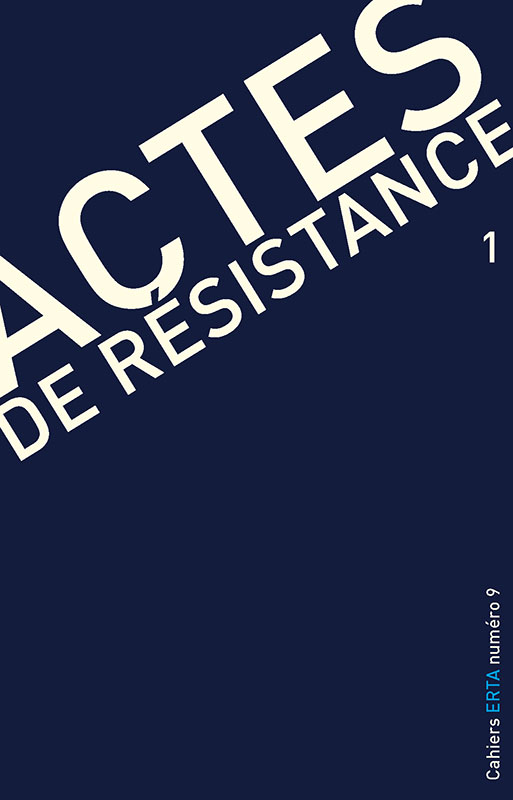La chronique journalistique et le roman : un espace dialogique pour résister au déni
Mots-clés :
discourse of resistance, chronic, novel, dialogismRésumé
By this study, we conducted a reflection on an aspect of literary resistance. To resist denial towards “The Arab” killed in Camus’s novel “The Stranger”, The Algerian journalist and writer Kamel Daoud writes a chronic : Against Meursault or the "Arab" double shot, and a novel : The Meursault investigation. We examined the transaction from chronic to novel and found that the resistance discourse unfolds on a very complex dialogic space. Indeed, there is a generic dialogue between the chronic and the novel, and self-dialogue between the journalist's work and that of the writer. This dialogism allows a clear view of the act of resistance.
Téléchargements
Références
Adnani H., « Kamel Daoud L’histoire n’avance qu’avec des gens qui lisent, qui écrivent et qui s’interrogent », http://adnani.over‐blog.com/2014/11/kamel‐daoud‐l‐histoire‐n‐avance‐qu‐avec‐des‐gens‐qui‐lisent‐qui‐ecrivent‐et‐qui‐s‐interrogent.html.
Camus A., L’Étranger, Alger, ENAG, 2001.
Daoud K., « Zabor », [dans :] Le Quotidien d'Oran, 4 févier 2015.
Daoud K., « Le Contre‐Meursault ou l’ “Arabe” deux fois tué », [dans :] Le Quotidien d’Oran, 2 mars 2010.
Daoud K., Meursault, Contre‐enquête, Alger, Barzakh, 2013.
Maingueneau D., Discours et Analyse du discours, Paris, A. Colin, 2014.
Matarese M., « Goncourt et Renaudot : la surprise Kamel Daoud », [dans :] Le Figaro.fr, http://blog.lefigaro.fr/algerie/2014/09/goncourt‐etrenaudot‐la‐surprise‐kamel‐daoud.html.
Thérenty M.E., La Littérature au quotidien, Pratiques journalistiques au XIXe siècle, Paris, Éditions du Seuil, 2007.

 Revues scientifiques académiques
Revues scientifiques académiques





